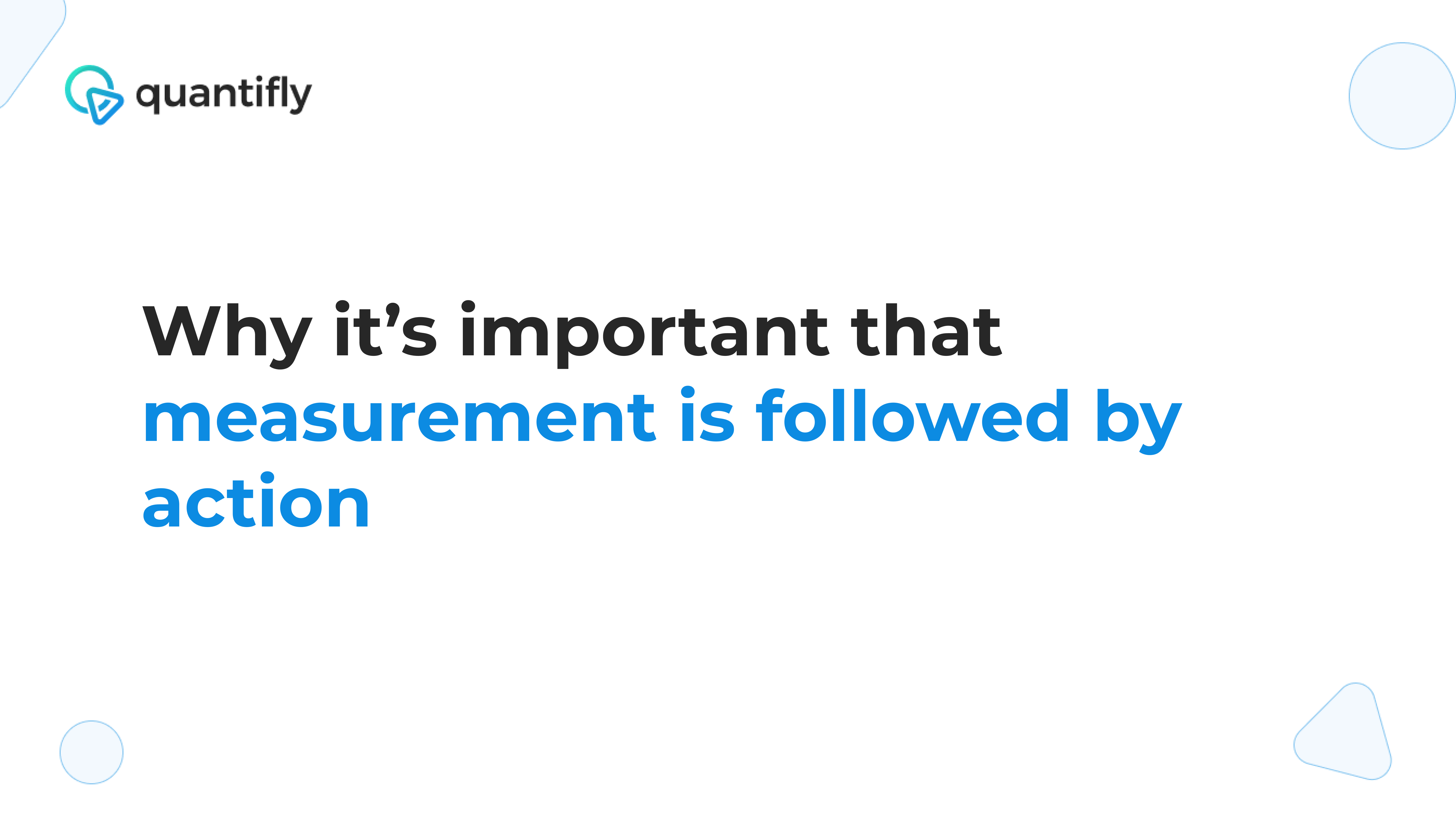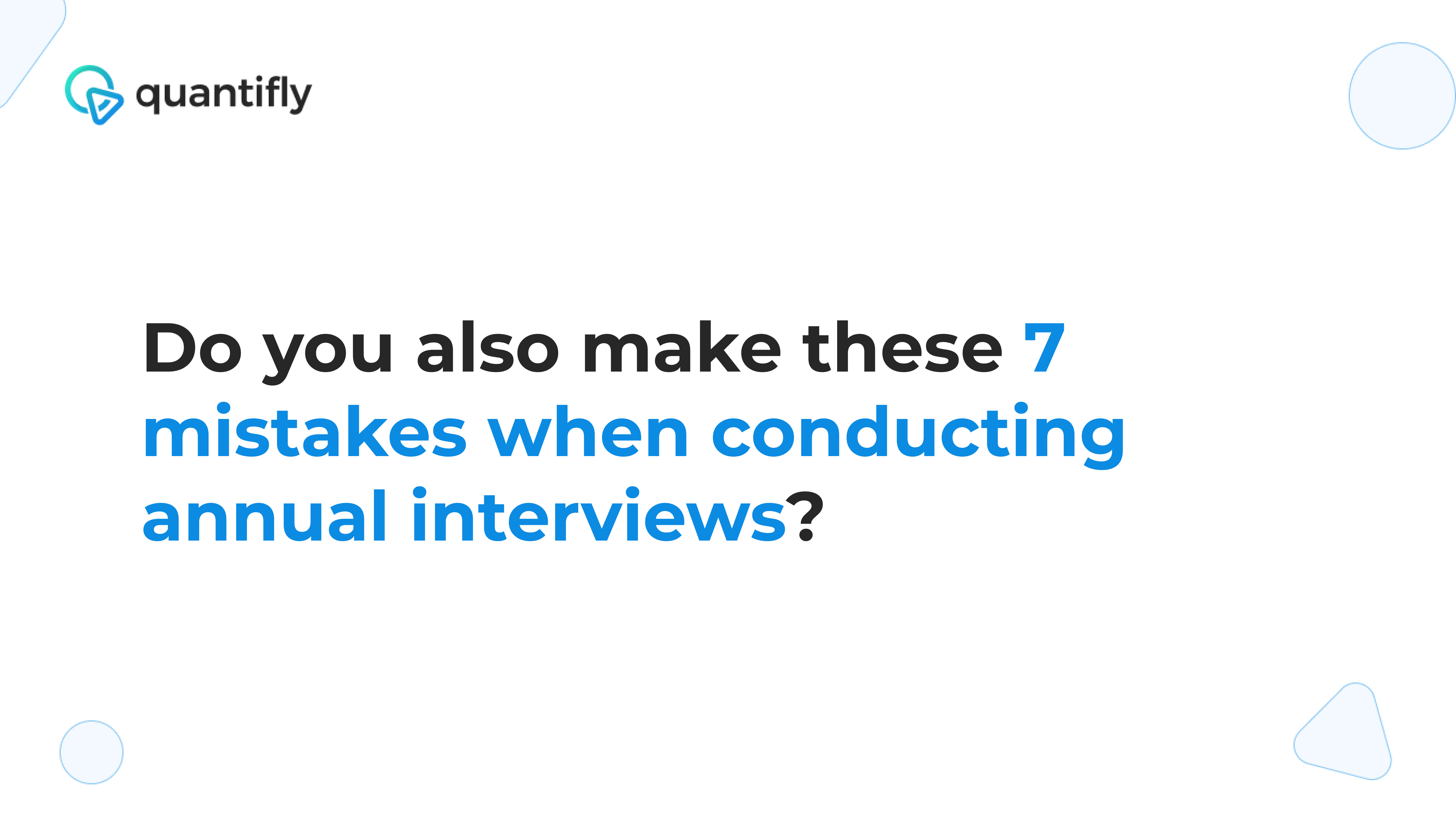It's the annual employee interview season that's on the horizon. In an effort to make this more than just another post on why these interviews are significant, this time, we bring forth key guidelines and pitfalls as identified by by Žiga Zore, HR and Organisation Development Officer at Salus, d.o.o. and Martin Stariha, Client Service Director at Luna \TBWA.
When HR professionals encounter the term "annual interview," our initial thoughts turn to discussions on performance appraisals, delivering feedback, acknowledging achievements, setting goals, and crafting employee development plans. Regrettably, from the employee perspective, annual interviews are often met with apprehension, perceived either as a daunting experience or an opportunity to negotiate improved salary terms.
“ ... I have heard it said that employees are afraid of annual interviews or that they have a negative connotation. Which probably stems from the culture and leadership approach. Many see annual interviews as a "must" rather than as an opportunity to talk to employees and gain insight into their thoughts, goals, wishes, suggestions, expectations, and challenges they face ... It also seems that many people see or associate the annual interview as one of the opportunities where they can negotiate a salary increase.”
Martin Stariha, Client Service Director, Luna \TBWA.
Therefore, when it comes to preparing and conducting the annual interviews, it is important to clearly define the objectives and purpose of the interviews in the first place.
Two approaches to annual interviews
Roughly speaking, annual interviews can be divided into two approaches:
1. Annual performance evaluation
The annual performance evaluation interview includes a review of the individual's achievements, strengths, areas for improvement, and alignment of the individual's performance with organizational goals and expectations.
2. Annual development interview
Annual development interviews focus primarily on the personal and professional growth of the employee. It is designed to discuss the individual's career aspirations, skills development, and training needs. The focus is identifying opportunities for employees to improve their skills and abilities for future roles
Individual performance evaluation and annual development interview discussions can be carried out either in combination or separately. The choice of either approach depends on the company's culture, objectives, and expected results outcomes. The following delineates the characteristics of both approaches to assist you in determining which aligns more effectively with your goals and corporate culture.
Integrating both approaches in a unified discussion
- Merging performance appraisal and development conversations provides a comprehensive perspective on an individual's performance, facilitating a thorough exploration of accomplishments and areas for growth.
- This amalgamation proves to be more time-effective for both the employee and the manager.
- Fostering improved alignment between the employer's expectations and the employee's aspirations. By intertwining performance feedback with development discussions in a single conversation, employees can better correlate their strengths and weaknesses with specific growth opportunities.
- Moreover, this approach promotes goal alignment, as delving into performance results naturally segues into identifying development areas and goals. This alignment, in turn, fortifies the connection between individual performance and organizational objectives.
Separate performance evaluation and development conversation
- Opting for separate performance reviews and development conversations cultivates a more targeted and purpose-driven discussion. This ensures that each interaction serves a distinct objective, enabling participants to delve deeply into either performance assessments or developmental plans.
- Annual development discussions focus on the growth and development of the employee's potential without being overshadowed by discussions on past performance. It allows for a forward-looking, positive conversation about career aspirations and developing individual skills and abilities.
- This approach offers increased flexibility, especially in organizations where performance reviews adhere to specific cycles, such as the end of the fiscal year, allowing development discussions to occur at other opportune times.
- Employees may be less anxious during the development conversation as this indicates that the focus is on growth rather than solely on past performance and possible criticism.
What do annual interviews look like in practice?
At Salus, d.o.o. all employees are included in development discussions. Annual development discussions are separate from discussions about the work performance of individuals, as only these are also linked to rewards.
“Should the two types of conversations be combined or separated? After careful consideration, we have made the decision to conduct the annual development interviews separately. First of all, we wanted to ensure that the annual development interview does not turn into a conversation about salary, but instead addresses the employee's wishes for his development, the development of his skills, competencies ... and last but not least, also addresses his wishes for career growth within the company or groups. During the development interview, of course, the subject of general employee satisfaction is also addressed, and he looks for opportunities and possibilities to further increase the commitment and motivation of each individual.“
Žiga Zore, HR and Organisation Development Officer at Salus, d.o.o.
A high-quality performance of annual interviews requires the preparation of both managers and employees, for this purpose many experts use forms with guidelines that both managers and employees receive. Here, it is important that employees are informed of the implementation date at least two weeks in advance, so that they can prepare for the interview. At the same time, it is important to communicate with the employees the purpose of the interview (further development, review of achievements) and who will be present at the interview (manager, HR, director).
Preparation for annual interviews
To make it easier to prepare for the annual interviews, you can rely on the points listed below.
Preparation for managers:
Review of work performance data
- A review of individual work performance data, including key achievements and areas for improvement.
- Review of the achievement of set goals and identification of areas for further development.
- Prepare constructive feedback.
- Review past plans.
Preparation for a conversation about a further career path
- Consider what the possibilities are for the employee's further career growth, what knowledge the employee needs for the next step or step on the further career path.
Preparation of the employee:
- An overview of one's own work performance, what one recognizes as one's strong areas and where there are still opportunities for improvement.
- The employee's reflection on his wishes, aspirations regarding the continuation of his career path in the company.
- Reflection on the possible need for additional, new knowledge, education and training.
- Review of the achievement of own development and work goals.
A conversation about development and the achievement of set goals that happens once a year is not enough!
Annual interviews are important, as they enable a structured review of an individual's work and progress, setting goals for the future and assessing achievements and challenges in the past period. At the same time, we would like to point out that a conversation about development and the achievement of set goals, which happens once a year, is not enough. In order to successfully achieve the set goals, it is necessary to regularly monitor the progress during the year.
Real-time communication and regular feedback coming from both sides (manager-employee, employee-manager) establish open and transparent communication, promote employee development and build trust and motivation. This makes it easier for the individual to focus on their tasks, adapt to changes and respond to feedback more quickly, which contributes to better performance and satisfaction of both employees and management.



.png)







